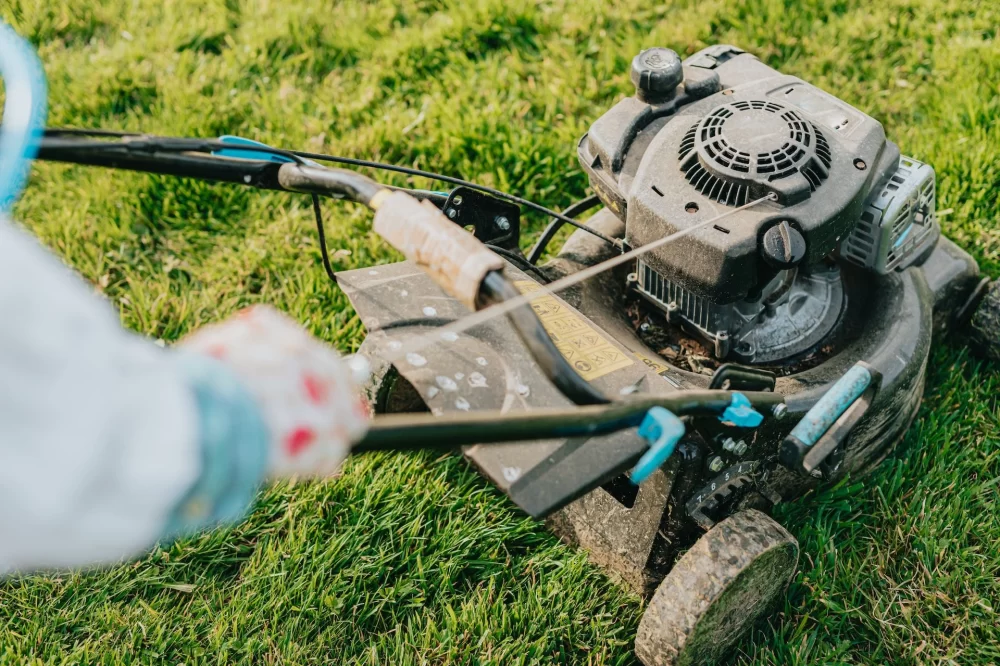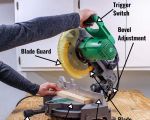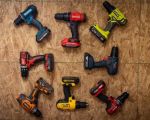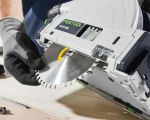
Choosing the Right Lawnmower for Your Yard: A Personal Guide
As someone who has spent years experimenting with different lawnmowers, I can tell you that picking the right one for your yard can be a challenge. Whether you're a first-time buyer or looking to upgrade your old mower, there are several factors to consider. It’s not just about finding something that cuts grass – it’s about choosing a tool that matches your specific lawn care needs. This guide is here to help you navigate through the sea of options and find the best lawnmower for your situation.
1. Understanding Your Yard's Needs
Before diving into different mower models, it’s crucial to take a step back and evaluate your yard. I learned this the hard way after buying a lawnmower that was too powerful for my small, flat lawn. It left deep tire marks and was nearly impossible to maneuver around tight spots. The first question you need to ask yourself is: What kind of lawn do I have? Here are some aspects to consider:
- Yard Size: The size of your lawn will greatly influence the type of mower you need. Smaller yards (under 1/4 acre) might be better suited for push mowers, while larger lawns (over 1/2 acre) could benefit from riding mowers.
- Terrain: Is your lawn flat, or does it have slopes? If your yard has hills, you'll need a mower with good traction and potentially larger wheels to handle the incline.
- Grass Type: Different types of grass require different cutting methods. For instance, thick grasses like zoysia may need a more powerful engine than softer grasses like fescue.
2. Gas vs. Electric: What’s the Best Option for You?
One of the biggest debates when it comes to lawnmowers is whether to go for a gas-powered or electric model. I’ve had my share of both, and each type comes with its own set of pros and cons.
Gas Lawn Mowers
Gas lawnmowers are known for their power. If you have a large yard with thick grass, a gas mower is often the way to go. I remember when I first switched to a gas mower, it was a game-changer. It could handle tall, dense grass effortlessly. However, they do have a few drawbacks:
- Weight: Gas mowers tend to be heavier, which might make maneuvering a bit more challenging, especially in tight corners.
- Maintenance: They require regular maintenance, such as oil changes and spark plug replacements.
- Noise: Gas mowers are notoriously loud. My neighbors were definitely not thrilled the first time I used mine on a Saturday morning!
Electric Lawn Mowers
Electric mowers, on the other hand, are lighter, quieter, and more eco-friendly. I’ve used an electric mower for my smaller yard, and it’s perfect for that purpose. These mowers are easy to start, require less maintenance, and don’t emit any fumes. However, there are some downsides:
- Battery Life: The battery can run out, which may be inconvenient for larger lawns. Corded electric mowers also limit your mobility, as you’re tethered to a power outlet.
- Power: For very thick or tall grass, electric mowers might not pack the same punch as gas mowers.
3. Push, Self-Propelled, or Riding Mowers: Which Is Right for You?
Now that you’ve figured out whether you want a gas or electric mower, it’s time to choose between different styles. I’ve used all of these, and each has its own strengths depending on your needs.
Push Mowers
If you have a small, flat lawn, a push mower might be all you need. They’re simple, cost-effective, and give you a good workout! However, they require more effort than the other types. I remember the first time I used a push mower on my lawn, it took longer than expected, but I felt more connected to the work. They’re also perfect for the environmentally-conscious since they don’t require fuel or electricity.
Self-Propelled Mowers
For slightly larger or uneven lawns, a self-propelled mower could be your best bet. These mowers take the effort out of pushing – the mower moves forward on its own. When I first switched to a self-propelled mower, it was such a relief. No more struggling to push uphill! These mowers come in both gas and electric models, and they allow you to control the speed, making them versatile for different types of lawns.
Riding Mowers
If you have a really large yard, or perhaps a lawn that feels more like a field, a riding mower might be a necessity. While they’re a significant investment, they save time and reduce the strain on your body. The first time I used a riding mower, it felt more like driving a car than mowing grass! The cutting width is wider, and you can cover more ground faster. Just be prepared for the price tag, as riding mowers are often the most expensive option.
4. Features to Look for in a Lawnmower
Once you’ve narrowed down the type of mower you want, it’s time to consider the features. Over the years, I’ve learned that certain features can make all the difference in making the mowing process easier and more efficient. Here are some features to look for:
- Cutting Width: The wider the cutting deck, the fewer passes you’ll need to make, especially if you have a large lawn.
- Adjustable Height: A mower with adjustable height settings lets you cut your grass at the ideal length for its health and appearance.
- Mulching Capability: Mulching mowers return clippings to the lawn, which can help fertilize the grass. I love using mulching mowers because they cut down on lawn waste.
- Ergonomic Handles: If you’re doing a lot of mowing, comfort matters. Look for mowers with padded, adjustable handles to reduce strain.
5. Budget Considerations
Of course, price plays a big role in the decision-making process. Lawnmowers can range from affordable push mowers to high-end riding mowers that cost thousands of dollars. While it’s tempting to go for the cheapest option, I recommend considering long-term value. A more expensive mower might save you money in repairs and maintenance in the future. I’ve spent more than a few weekends fixing up cheap mowers that didn’t last. Investing in a reliable, well-reviewed mower usually pays off in the long run.
6. Real-Life Experience: My Journey to the Perfect Lawnmower
To wrap up, let me share a bit of my own journey. When I first started mowing my lawn, I had no idea what I was doing. I bought a cheap gas mower that broke down within a year. I switched to an electric model, but the battery died after a few uses. After several trial-and-error purchases, I finally found the right mower for my yard – a self-propelled, gas-powered model with mulching capabilities. It was powerful enough to handle the dense grass in my yard and made mowing a breeze. My lawn has never looked better, and I feel like I’ve finally got the hang of lawn care.
Choosing the right lawnmower doesn’t have to be a daunting task. With the right information and a little bit of research, you can find a mower that will keep your lawn healthy and looking great for years to come. Good luck, and happy mowing!









